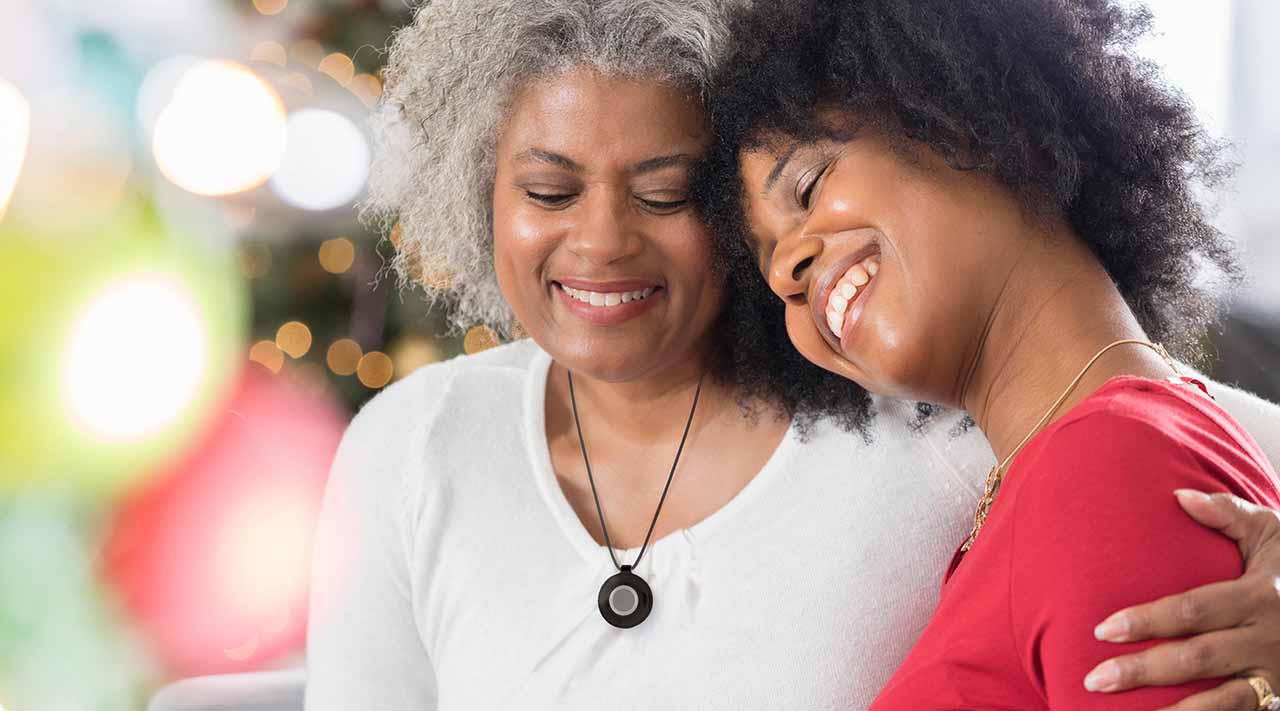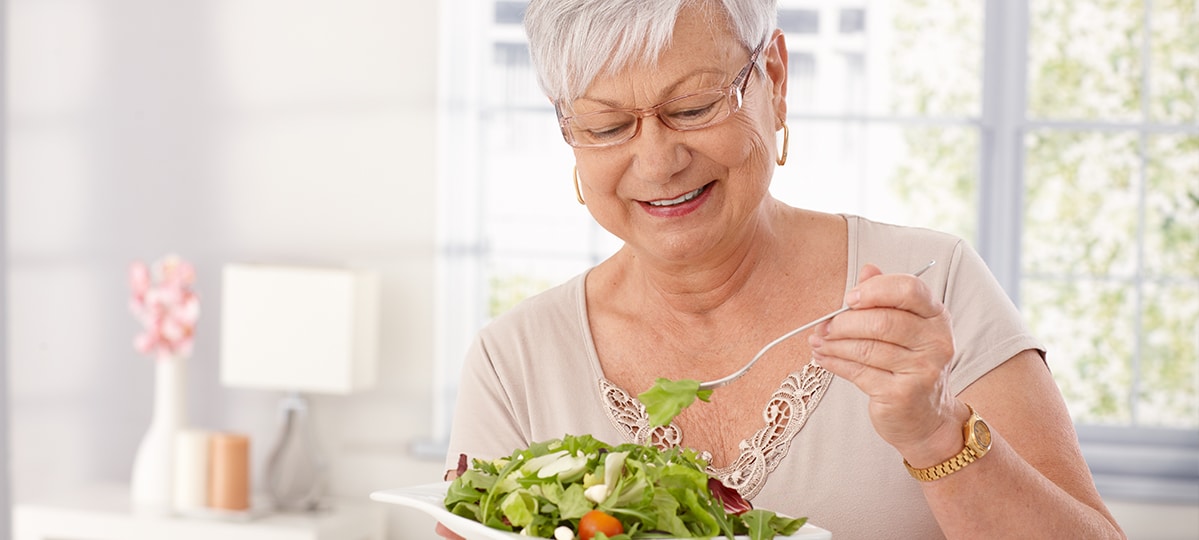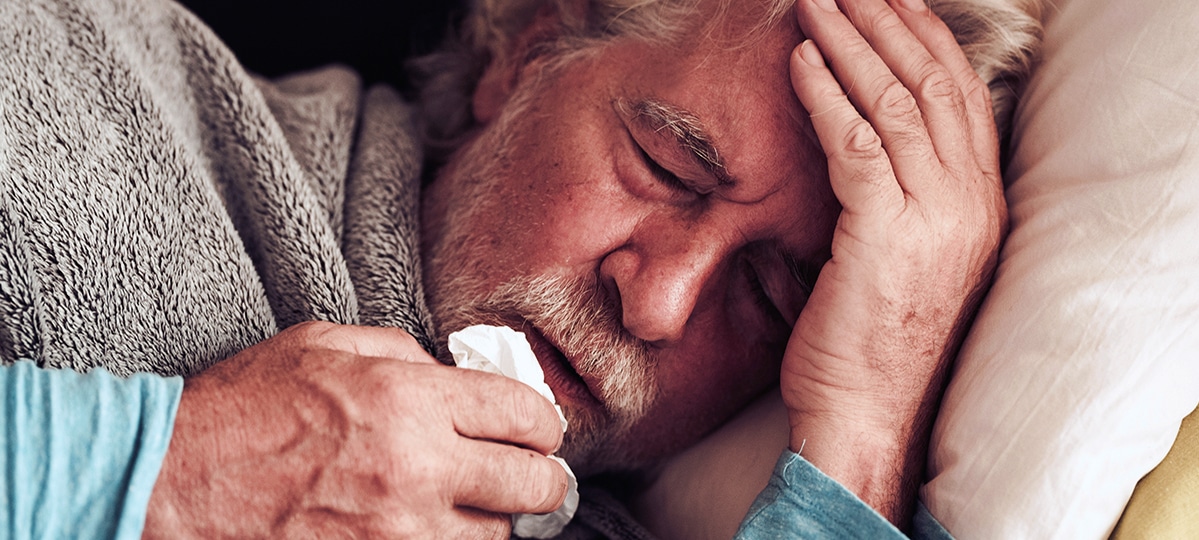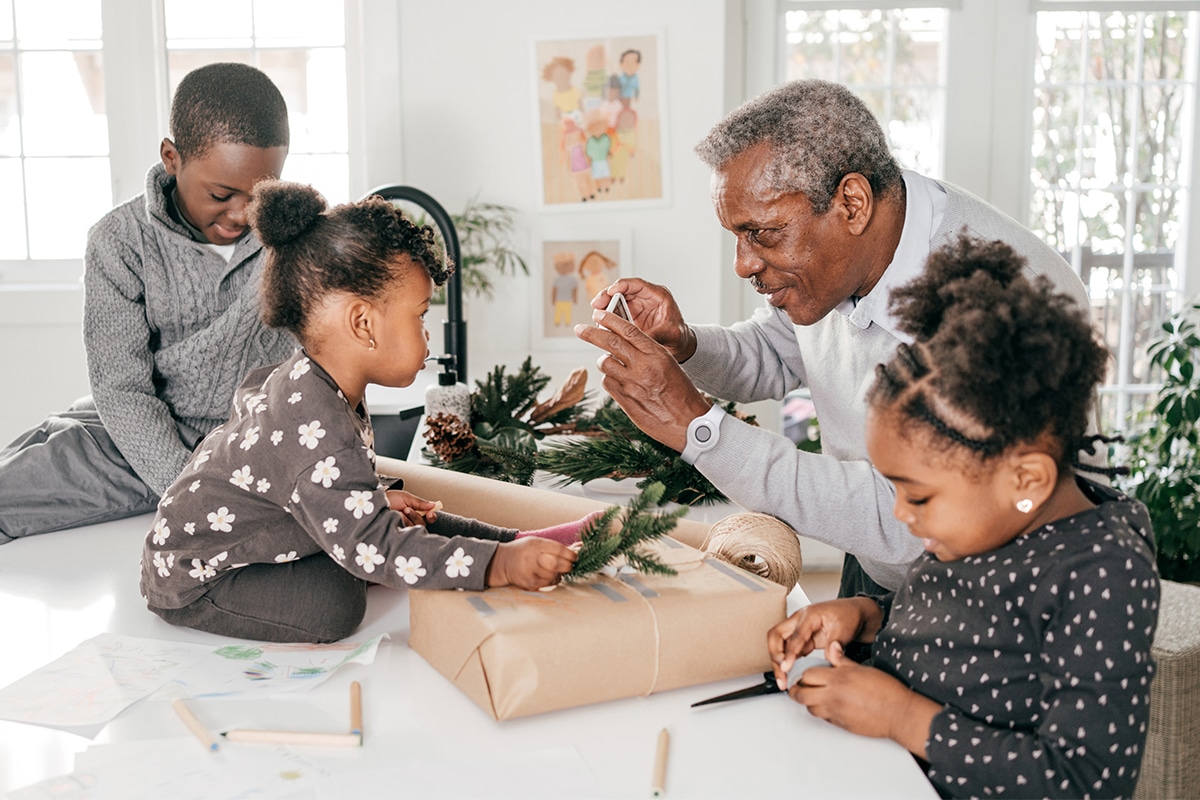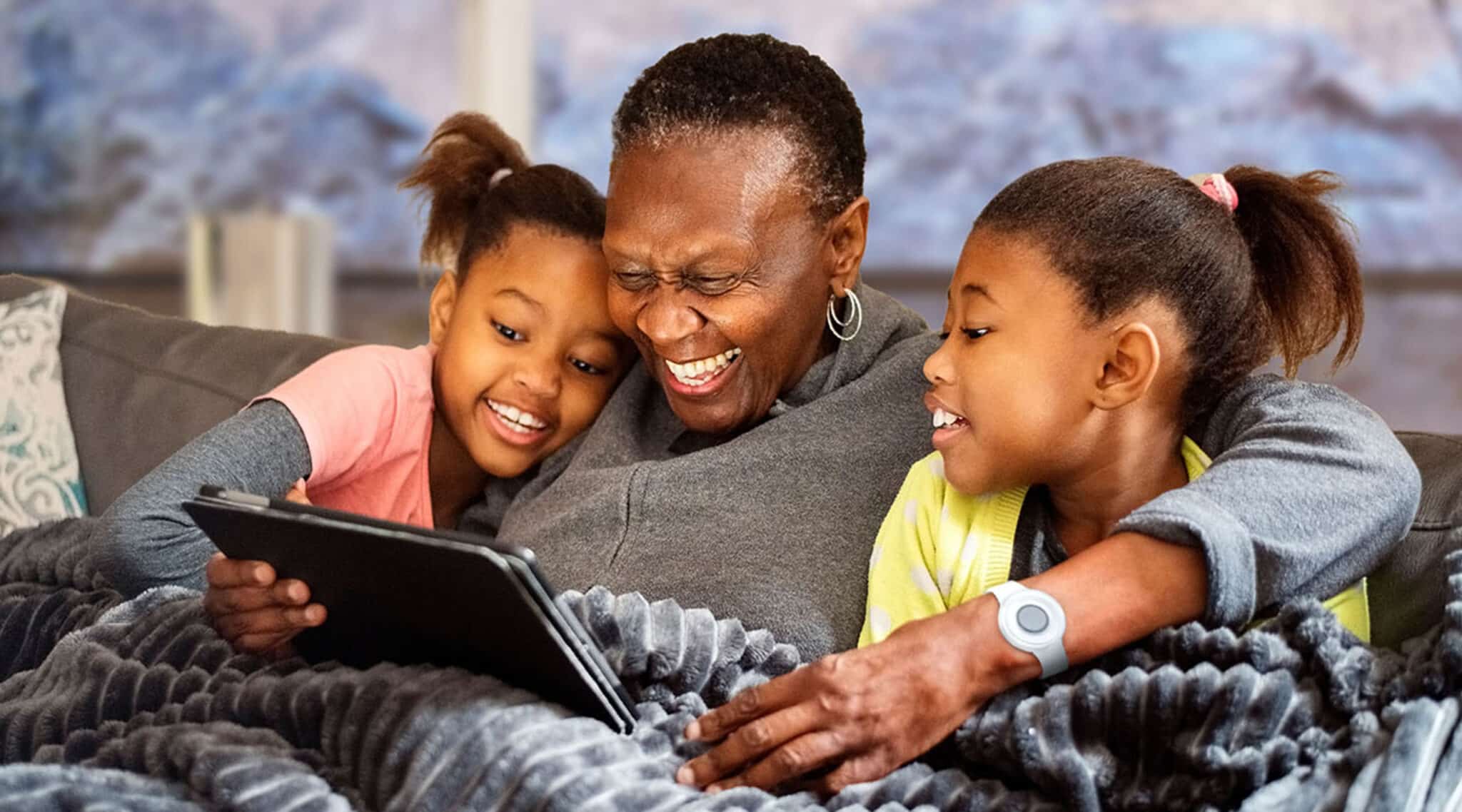Caring for an elderly loved one is a massive undertaking. It can make you feel any kind of emotion. Frustrated, lonely, angry, and guilty. It can be a thankless job, even if you are not the primary caregiver.
Guilt can enter the picture in many different ways. You might feel like they take up too much of your time, or you don’t see them enough. Or, you can feel guilty because you have negative feelings about the situation.
6 Tips to Relieve Caregiver Guilt
There are things you can do to feel better about your situation, relieve the guilt, and still make sure your loved one gets the best care. But, you must take care of yourself, too.
Accept Help
Any time anyone asks if there is something they can do, let them do it. It might be driving mom to a doctor’s appointment, cleaning up the house, or doing a grocery run.
You may need someone to just be there so you can go out and run errands or take a shower. If you are the primary caregiver, consider hiring a professional to share the burden so you can get your life back.
Ask For Help
Talk to your family about sharing the workload. If you don’t have immediate family, reach out to whoever is available. There is no reason for you to take on all the responsibilities.
You can also reach out to professional caregivers. They can work with your schedule and ease the load considerably. Depending on the amount of care your loved one needs, they can be there around the clock, if needed.
Talk About Your Feelings
It’s important to talk to someone about how you feel. If you and your family all share the caregiving, talk to them about what is happening. Not just about the daily needs, but about the regret and guilt you are feeling.
There are also support groups for support. Share your experiences with other caregivers who are in the same situation. It might be a great relief to you to find people who are feeling the exact same thing.
This is a great way to share your burden and realize you are not alone. It is perfectly natural to feel the way you do, so reach out and together you can find ways around it.
Take Time for You
For the caregiver, it is important that you still have your own life. If you have a family, they need you too. For singles, you must get out and do things you enjoy.
Enjoy your hobbies, go out with your friends, or just take the night off and relax. Take up a new hobby to expand your interests and meet new people outside of your circle.
Proper Exercise and Diet
Keeping up your physical health is just as important as treating your mental health. Try to get some fresh air and exercise every day, like going for a walk, riding your bike, going to the gym, or swimming. Team sports can also be helpful.
Eat a balanced diet and don’t just snack. If you are preparing meals for your loved one, sit down and eat with them to make it seem like a normal activity. Try to make the most out of your caregiving position.
If you don’t exercise or eat right, you can’t get a good night’s sleep. Sleep is also vital for keeping you sharp and keeping stress at bay. You can’t function properly unless you are well-rested.
Give Yourself a Break
Schedule a few breaks throughout your day just to get away. This could be hiring someone to come in like a sibling or a professional caregiver. You can also consider getting a medical alert device.
These can help out in many ways. They can alert the professionals when something goes wrong, who will, in turn, notify you. It also means that you can get away and not have to worry or feel guilty.
These devices eliminate the need for constant care for people capable of living mostly independently. It’s a great peace of mind for the loved one and the whole family.
